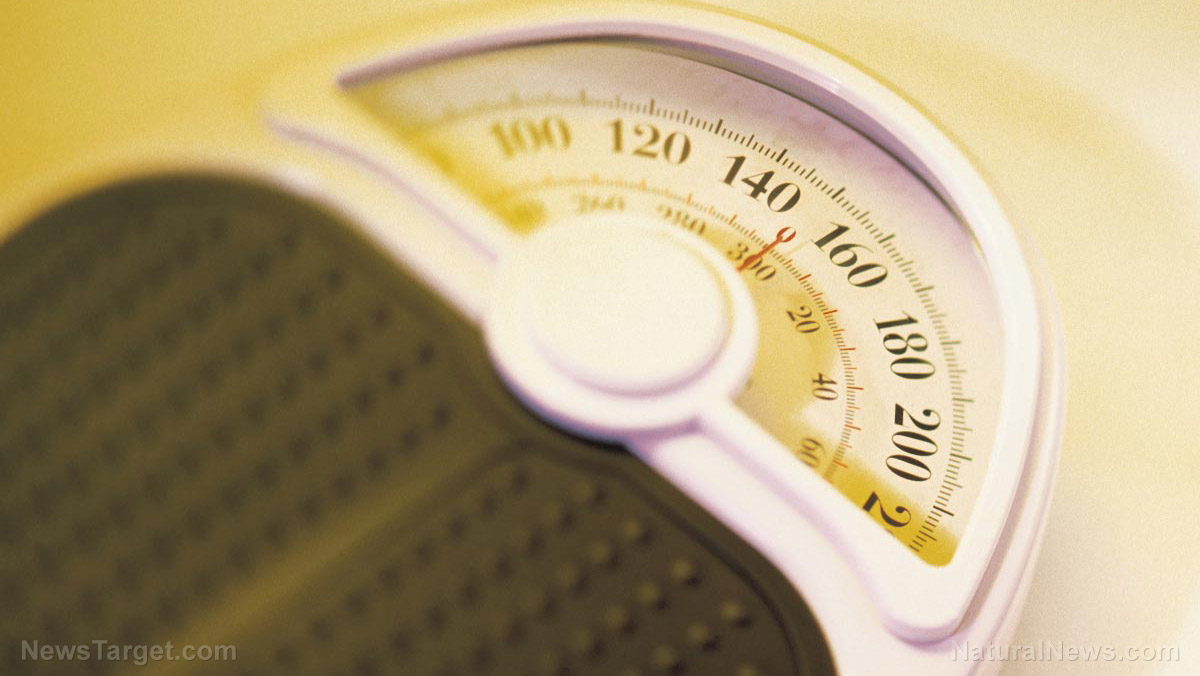
Advertisement
For over a century now, the definition of “kilogram” has remained constant. However, that may soon change as scientists move to change the measure’s basis – from a solid piece of metal to something called a Kibble balance.
Since it was first conceived back in 1889, the standard on which the kilogram was based has been the International Prototype Kilogram (IPK), a cylindrical block of metal stored under lock and key in the Bureau International des Poids et Mesures (International Bureau of Weights and Measures)’s Pavillon de Breteuil in France. Colloquially known as “Le Grand K,” copies of the IPK have been sent around the world to serve as the absolute measure of what a kilogram is.
However, the days of the IPK and its copies are coming to an end. Scientists at multiple laboratories such as the U.K. National Physical Laboratory and the U.S. National Institute of Standards and Technology are working to replace it with a measure based on the Kibble balance. This is a measure that uses the quantum physics as the basis of a kilogram over an alloy cylinder.
Physical object vs. universal constant
The reason for the change comes from the fact that, as a physical object, the actual mass of the IPK and its copies are subject to change over time. Indeed, the IPK is actually measured every 40 years to make sure that it’s still a kilogram.
Named after researcher Bryan Kibble who first proposed it back in 1975, a Kibble balance doesn’t need to be re-checked in the same manner as the IPK. As it uses a universal constant, specifically Planck’s constant, a kilogram defined by a Kibble balance will remain the same for all time.
Planck’s constant represents the quantum, the minimum amount of any physical entity involved, of an electromagnetic action such as a change in current. To measure weight, a Kibble balance detects small changes in an electrical current. These changes are then measured using Planck’s constant to get the weight of whatever is being measured.
The use of universal constants, such as Planck’s constant, to determine measurements isn’t exactly new. Indeed, most measures covered by the International System of Units, or the metric system as it’s more commonly known as, are now determined by universal constants.
However, weight continued to be defined by a physical object for the longest time, despite the other measures already being switched. This is because measuring weight in such a manner is quite difficult thanks to the effects of the Earth’s own gravity. It was only recently that Kibble balances have been accurate enough to help redefine the kilogram. (Related: Quantum physics puzzle SOLVED: Researchers say that totally secure data transfer now possible.)
More internationally secure
The accuracy of the Kibble balance is just one reason why the definition of a kilogram was moved away from the IPK. The move also helps make the measure more secure for the future. With the original IPK being a physical object housed in France, concerns were raised about what would happen should something ever happen to it.
“If the Pavillon de Breteuil burned down tomorrow and the kilogram in its vaults melted, we would have no reference left for the world’s metric weights system,” stated Ian Robinson, head of engineering at the National Physical Laboratory in an interview with Delano. “There would be chaos. The current definition of the kilogram is the weight of that cylinder in Paris, after all.”
With the new definition, the exact weight of a kilogram is no longer tied to a physical object stored in a physical location. Anyone anywhere in the world can get the precise measurement of a kilogram as long they have access to a Kibble balance.
As for how the kilogram will relate to pounds, the conversion shouldn’t change despite this. Instead, this move should also make the measure of a pound secure, as long as it remains to be equivalent to 2.2 pounds.
Sources include:
Advertisement
Advertisements
















